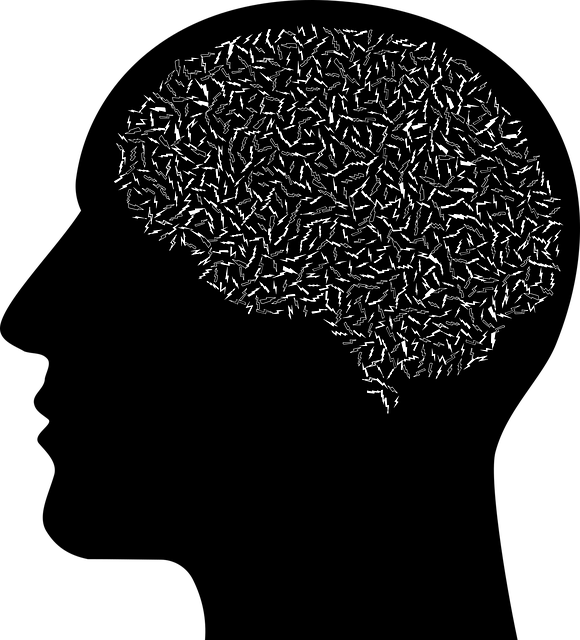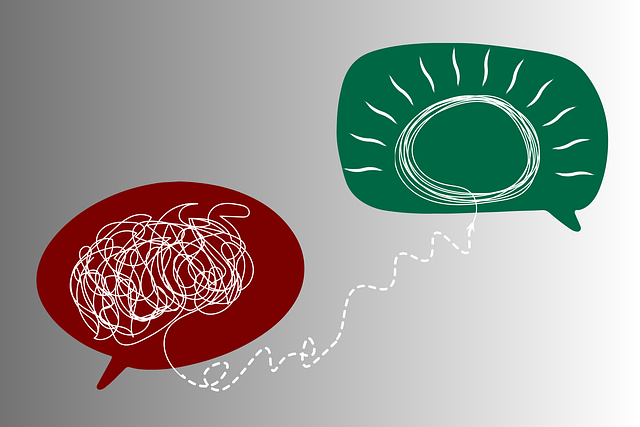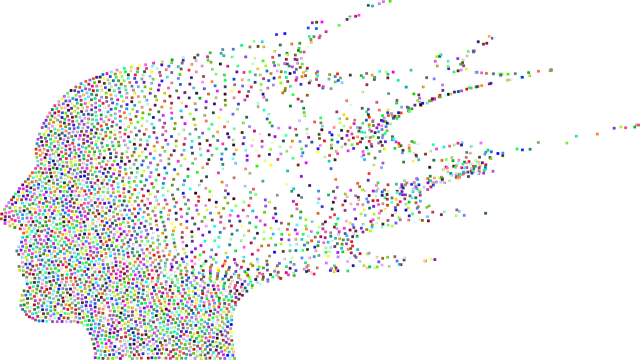Mental healthcare professionals treating young children with terminal illnesses must prioritize cultural sensitivity. Integrating cultural practices into therapy creates inclusive environments that validate and support these children, tailored to their specific backgrounds. Through training in diverse cultures' coping mechanisms, therapists can develop personalized care plans, addressing family dynamics, communication styles, and community resources. This approach reduces stigma, fosters better coping, and improves mental wellness for both children and families during this challenging time. Effective communication and building trust through culturally appropriate conversations are paramount, enhancing the overall success of therapy for young children facing terminal illness.
Cultural sensitivity is a cornerstone of modern mental healthcare, ensuring inclusive practices and effective treatment across diverse communities. This article explores key aspects of cultural diversity in mental health, focusing on its impact on therapy for young children, managing terminal illness, family communication, and building trust. By understanding the intricate tapestry of cultural nuances, professionals can deliver tailored support, revolutionizing care for all, especially vulnerable populations like children facing terminal conditions.
- Understanding Cultural Diversity in Mental Healthcare
- The Impact of Cultural Sensitivity on Young Children's Therapy
- Navigating Terminal Illness: A Delicate Approach
- Communicating Effectively with Families from Diverse Backgrounds
- Building Trust and Inclusive Practices in Mental Health Services
Understanding Cultural Diversity in Mental Healthcare

In the realm of mental healthcare, recognizing and embracing cultural diversity is paramount to providing effective therapy for young children facing terminal illness. Each child’s background, including their race, ethnicity, and cultural beliefs, significantly influences how they perceive and cope with such challenging situations. For instance, a child from a culturally diverse background might have unique rituals or practices that support their emotional well-being and could be integrated into their therapeutic process. Understanding these nuances fosters a more inclusive environment where the child feels validated and supported.
The journey towards cultural sensitivity involves equipping mental health professionals with knowledge about various cultures’ coping skills development, positive thinking, and inner strength development. This includes learning about different family dynamics, communication styles, and community resources that can enhance therapeutic outcomes. By doing so, healthcare providers can navigate the complex landscape of cultural diversity, ensuring every child receives personalized care tailored to their unique needs and background.
The Impact of Cultural Sensitivity on Young Children's Therapy

Cultural sensitivity plays a pivotal role in the effectiveness of therapy for young children facing terminal illnesses. When mental healthcare practices incorporate cultural considerations, they create a safe and supportive environment tailored to each child’s unique background. This is particularly crucial given that many families may hold specific beliefs, values, and traditions that significantly influence their approach to grief and end-of-life care.
By integrating mental wellness coaching programs that address cultural sensitivity, therapists can reduce the stigma associated with mental illness among diverse communities. Moreover, they can develop conflict resolution techniques that bridge any communication gaps stemming from cultural differences. This holistic approach ensures children and their families receive culturally competent therapy, fostering better coping mechanisms and improved mental wellness during challenging times.
Navigating Terminal Illness: A Delicate Approach

Navigating terminal illness in mental healthcare requires a particularly delicate approach, especially when focusing on therapy for young children facing this challenge. Children, being at a crucial stage of development, may express their emotions differently than adults, necessitating a nuanced understanding from mental health professionals. The goal isn’t just to provide support but also to foster an environment that cultivates compassion and helps them process their feelings in a healthy way.
Compassion cultivation practices play a significant role here. Through these practices, children can learn to recognize and accept difficult emotions while developing empathy for themselves and others. Public awareness campaigns development around terminal illness and its impact on mental health is also essential. Educating both the public and mental health professionals about the unique needs of families dealing with terminal illness helps in better risk management planning. This includes strategies to mitigate potential trauma, ensuring a more supportive and less stigmatizing environment for all involved.
Communicating Effectively with Families from Diverse Backgrounds

Effective communication between mental healthcare professionals and families from diverse cultural backgrounds is paramount when providing therapy for young children facing terminal illness. Understanding and respecting family dynamics, beliefs, and communication styles unique to each culture is essential. For instance, some families may prioritize collective decision-making, while others assert individual autonomy. Professional therapists must demonstrate cultural sensitivity by actively listening, asking open-ended questions, and adapting their approach accordingly.
Incorporating self-awareness exercises and mindfulness principles can enhance these interactions. Therapists should engage in continuous reflection to recognize their own biases and preconceptions, allowing them to respond with empathy and understanding. By applying mind over matter techniques, professionals can facilitate conversations about depression prevention, ensuring cultural appropriateness throughout the therapeutic process.
Building Trust and Inclusive Practices in Mental Health Services

Building trust is a cornerstone when providing mental healthcare services to young children facing terminal illness and their families. It requires cultural sensitivity, where therapists create an environment free from judgment, embracing diverse beliefs and backgrounds. This trust facilitates open communication, enabling parents and caregivers to share their fears, hopes, and unique cultural practices that may impact care preferences.
Inclusive practices go hand in hand with trust-building. Therapists can enhance inclusion by offering personalized treatment plans that incorporate the child’s cultural identity, incorporating traditional healing methods alongside conventional therapy as appropriate. For instance, a mental wellness journaling exercise guided by a therapist might include cultural symbols and narratives to make it more relatable and comforting for the child. Moreover, community outreach program implementations can connect families with support networks that understand their specific cultural needs, fostering a sense of belonging and empowering them in navigating this challenging journey.
Incorporating cultural sensitivity into mental healthcare practice is no longer a consideration but an imperative. As we’ve explored, understanding cultural diversity significantly impacts various aspects of care, from young children’s therapy to navigating terminal illness and family communication. Building trust and inclusive practices not only enhance patient outcomes but also foster a more compassionate and effective mental health service ecosystem. By recognizing and respecting diverse backgrounds, healthcare professionals can provide culturally sensitive care, ensuring every individual receives the support they need without barriers or bias. This approach is pivotal in promoting equality and improving mental well-being across communities.












